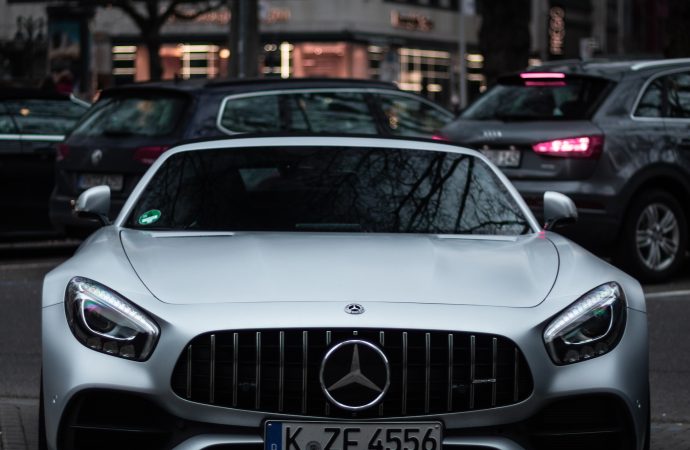As China pushes forward with its ambitious plan to electrify the transportation sector, Mercedes’ S-Class, a luxury sedan with a traditional internal combustion engine, continues to hold a strong position in the Chinese automotive market. Despite the growing popularity of electric vehicles in the country, the S-Class remains a top-selling model, showcasing Mercedes’ successful strategy
As China pushes forward with its ambitious plan to electrify the transportation sector, Mercedes’ S-Class, a luxury sedan with a traditional internal combustion engine, continues to hold a strong position in the Chinese automotive market. Despite the growing popularity of electric vehicles in the country, the S-Class remains a top-selling model, showcasing Mercedes’ successful strategy in China.
According to recent data from the China Passenger Car Association, the S-Class ranked among the top ten best-selling luxury cars in China in 2021, with sales of over 27,000 units. This is a significant achievement for a non-electric model, especially in a market where the government is actively promoting the adoption of electric vehicles.
One reason for the S-Class’ success is Mercedes’ long-standing reputation for luxury and performance. Chinese consumers have long shown a preference for high-end luxury vehicles, and the S-Class has become a symbol of status and prestige. Additionally, Mercedes has made efforts to tailor its marketing strategy to the Chinese market, with a focus on building brand awareness and emphasizing the car’s advanced technology features, such as its intelligent driving assistance system and high-tech entertainment systems.
Another factor contributing to the S-Class’ success in China is the availability of financing options. As the Chinese government imposes stricter regulations on lending practices, automakers are increasingly turning to alternative financing options to make their cars more accessible to consumers. Mercedes has been successful in partnering with banks and other financial institutions to offer favorable financing options, such as lower down payments and longer repayment terms, to Chinese consumers.
Despite the ongoing success of the S-Class in China, Mercedes is not ignoring the trend towards electric vehicles. In fact, the company has already introduced several electric models to the Chinese market, including the EQC electric SUV and the EQA compact electric car. Mercedes has also announced plans to expand its electric vehicle lineup in China in the coming years, with a goal of achieving carbon neutrality by 2039.
However, the company has not abandoned its traditional gasoline-powered vehicles, recognizing that they still have a place in the Chinese market. Mercedes’ strategy in China reflects a balancing act between promoting the adoption of electric vehicles while maintaining a strong position in the traditional automotive market. The success of the S-Class in China is a testament to Mercedes’ ability to adapt its strategy to changing market conditions while retaining its core strengths in luxury and performance.
In conclusion, the success of the S-Class in China is a clear example of how a traditional gasoline-powered vehicle can still thrive in a market that is rapidly moving towards electric vehicles. Mercedes’ strategy in China showcases the importance of building a strong brand and tailoring marketing efforts to local market preferences, as well as the benefits of offering favorable financing options to consumers. While the future of the automotive industry in China is undoubtedly electric, the success of the S-Class serves as a reminder that traditional gasoline-powered vehicles still have a role to play in the market.

















Leave a Comment
Your email address will not be published. Required fields are marked with *